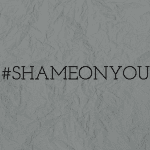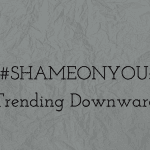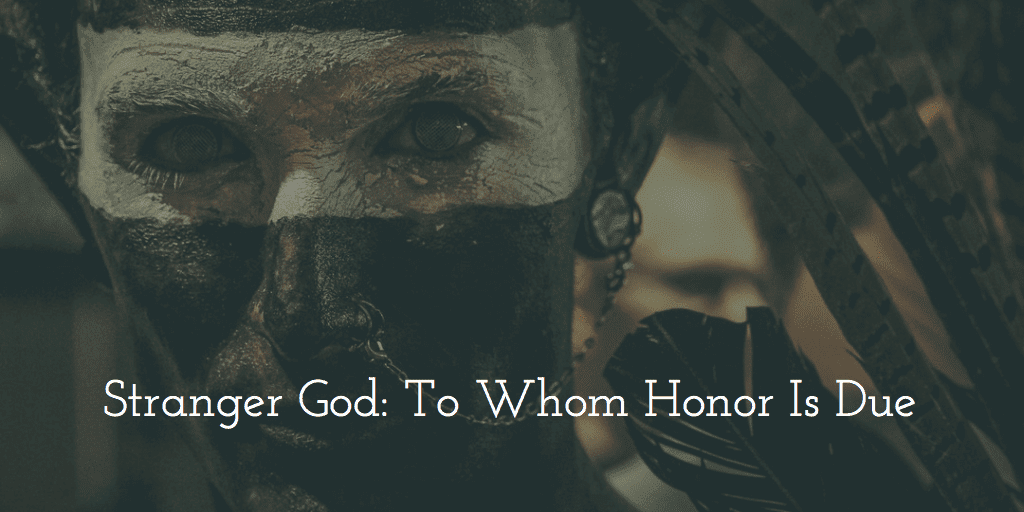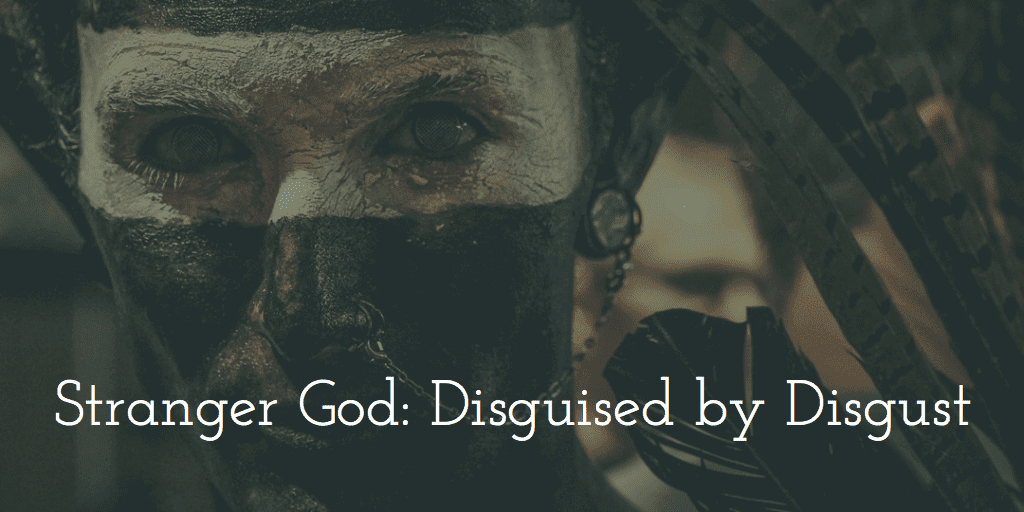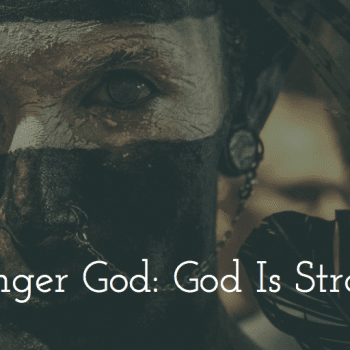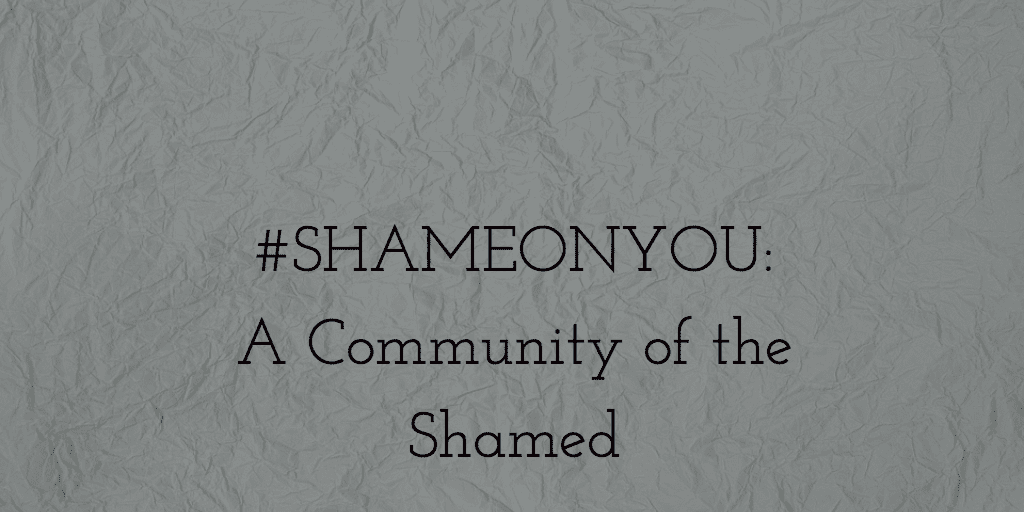 A little over a year ago, Monica Lewinsky took to a public stage once more. This time on purpose.
A little over a year ago, Monica Lewinsky took to a public stage once more. This time on purpose.
She stood in front of some of the world’s brightest minds and most progressive thinkers and did the impossible. She talked about what everyone already knew about her but in polite society would never mention.
Lewinsky’s TED talk became a sensation immediately. Ranking up there with Brene Brown’s work on shame she addressed what it felt like when the world gangs up on you.
Here’s just a piece of what she said:
“Overnight, I went from being a completely private figure to a publicly humiliated one worldwide. Granted, it was before social media, but people could still comment online, email stories, and, of course, email cruel jokes. I was branded as a tramp, tart, slut, whore, bimbo, and, of course, ‘that woman’. It was easy to forget that ‘that woman’ was dimensional, had a soul, and was once unbroken.”
Later, in an interview with the British Newspaper the Guardian, she talked about why she was willing to take the risk and start engaging in the public sphere again.
Life Outside Your Tribe
Lewinsky saw the current epidemic of bullying as something her past experience had uniquely qualified her to speak into, and personally, I was amazed reading through her interview how much compassion she exhibits for both the bullied and the bully.
(She sees bullying as something akin to cutting, an attempt to localize the pain, and to pass on the shame that they feel themselves to others.)
But the real reason that I wanted to write today about Lewinsky was what she said life was like right in the middle of the scandal breaking all around her.
She said that the hardest part of all of this was that she was abandoned by the very people who she had previously considered to be her people, her tribe.
“I think it’s fair to say that whatever mistakes I made, I was hung out to dry by a lot of people – by a lot of the feminists who had loud voices. I wish it had been handled differently. It was very scary and very confusing to be a young woman thrust on to the world stage and not belonging to any group. I didn’t belong to anybody…The fear of ostracisation strikes at the core of who we are. We cannot survive alone.”
That’s the thing about shame that we largely miss. It’s not so much the gossip or the mean things that people are saying about you, it’s the loneliness of being shunned.
She didn’t belong to anybody, and we cannot survive alone.
This is the most cruel thing that shame does, and it’s the reason that we are terrified by it today. Shame draws a line between you and everyone else, it says that you are on the outside looking in, unwanted and unloved.
When Shame Meets Empathy
Last year, Andy Crouch wrote a fascinating piece in Christianity Today about the resurgence of shame in the world with the advent of social media. The whole article is filled with great insights, but the one that I appreciated the most was Crouch’s observation that the New Testament is actually written in a world like the one that Lewinsky is addressing.
The New Testament talks much more about shame than guilt, and offers great resources in how to deal with it in redemptive ways. The first Christian communities were primarily social outcasts who had suffered great shame and found in Jesus a God who was in solidarity with them in that shame.
It was a community of the shamed.
And so Lewinsky says that now, whenever she goes out in public, she still will get the occasional crass remark, but she risks it anyway, because often she gets someone who comes up to her in the subway, or in line at the market or at dinner parties, and they’ll say what C.S. Lewis says are the two most powerful words in the English language:
“Me too”
Because the cure for shame is empathy, shamed people seek each other out. And wherever she goes people who have tasted shame know that she’s safe.
This is, I think, a parable of God’s dream for the Church.
Maybe, if you live in a Bible Belt part of the USA, you’re experience with church is one where people are all dressed up, with plastic smiles, and everyone is “fine.”
But don’t mistake that for what Jesus died to create.
The International League of the Guilty
Last year I wrote that at the very center of the Gospel is that God underwent shame and it was to His glory.
There was a reason the New Testament authors felt it necessary to say they were not ashamed of the Gospel, because the Cross was shame, and a community gathered around it would be the outcast and marginalized of society.
Salvation, in the New Testament is often about status reversal and group incorporation.
I think it still is.
In his wonderful book Unapologetic, Francis Spufford says that Church at Her best, is a kind of “International League of the Guilty”
We aren’t all guilty of the same things or to the same degrees, but we are guilty.
And because of our shared sense of mutual sinfulness, we don’t try and shame each other. We are aware that if you were to shine a spotlight on any of our lives you’d find plenty to pick apart.
We’ve caused harm, we’ve made willful decisions that hurt others, we’ve invited shame upon ourselves with our actions and yet in Jesus, we’ve found grace instead of judgment, and so we can offer it to one another.
A little known fact about the early Christians…Christian was originally a word used by bigots.
It means little kings, and it was used mockingly about these peasants and slaves who believed in and followed a Crucified Messiah and called Him their King.
But this little community of the shamed embraced the shameful title, and they began to use it to describe themselves.
On the outside, they were a group that was, like their Leader, despised and hated. And yet by the way they honored each other (often the least of society) they became a compelling force for a different kind of community, and they welcomed absolutely anyone to join.
What originally appeared to be the worst evangelism strategy ever, eventually grew to the world’s largest religion. As people from an honor/shame society rushed toward a community that was different, they eventually discovered a different way of sharing life together, not as people pursuing honor at the expense of others…but by living as a community of the shamed.
They were a people of “Me Too”

